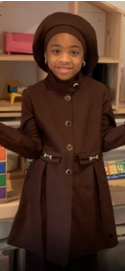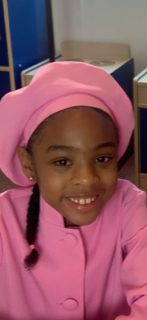TPR


TPR
Baby G.O.D.S. Online School Approach
Baby G.O.D.S. Online invests in Total Physical Response (TPR) to give each student a personalized approach to their education. This supports and encourages their personal and academic development.
- Planning– Through TPR learning, our educational professionals will help guide your child by nurturing their curiosity and love of learning and promote their development of knowledge and collaboration.
- Progress Tracking– We regularly assess your child’s ability to comprehend and keep up with their assignments and courses, their acquisition of skills and knowledge, and what the appropriate next steps for learning should be. These assessments provide teachers, students, and parents with specific information about a child’s experience and progress.
- Flexible Schedule– In addition to TPR, we use an asynchronous learning model that gives students greater flexibility to help them succeed in academics. It’s designed for a student to grow personally and academically with a flexible schedule to ensure the education works with their own terms and schedule.
- Homework – Students are given a suggested schedule that acts as a guide for when assignments and coursework need to be submitted. There’s a weekly outline of coursework covering each subject area. Weekly plans work in tandem with supporting books, experiments, exploration, and other learning methods, with an emphasis on a hands-on approach.
- PreK-5 Online Courses Approach– Total Physical Response (TPR) has a lot of benefits, particularly for beginners and young learners. TPR is a link between speech and action. As early as Pre-Kindergarten, students in grades PreK-2 have the opportunity to study, review and practice multiple times to ensure learning. Our online courses are designed for younger students to mimic gestures, facial expressions, use of props or body movement modeled by the teacher and student volunteers. There’s a focus on vocabulary acquisition through games, songs, stories, and practice activities. Starting in third grade, students can write words or phrases to make the connection between oral and action. As students get older, they enhance their skills with greetings, introductions, grammar, commands, and songs, phrases, and activities.
